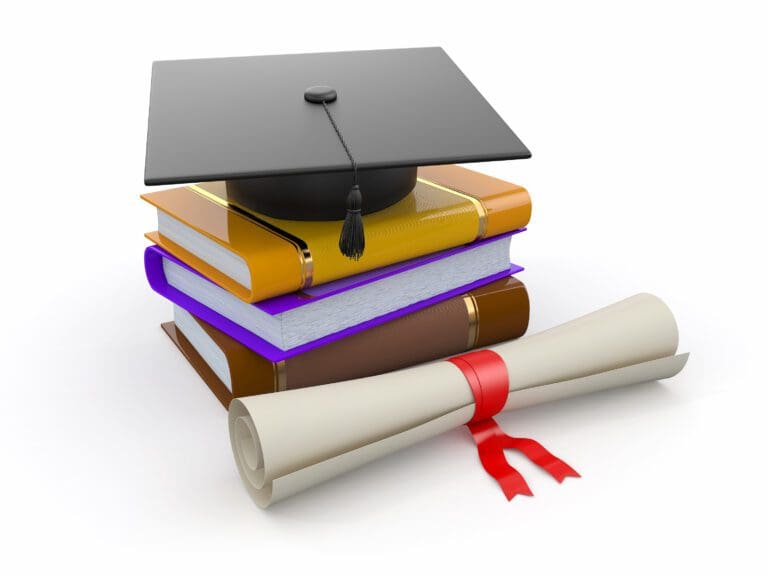On Wednesday 3 May, the government adopted the conclusions of the National Education and Literacy General Council (EGENA).
The EGENA was launched in July 2021 and lasted about a year. During this period, the national education community, social and technical actors, in a participatory process, took a diagnostic look at the country’s education system with the aim to improve the quality of schooling and to define the basis for a social agreement in the education and training sector. At the end of their work, these general assemblies identified four priority areas.
These were “the improvement of basic learning, the relevance of programmes, the quality of teaching, the reform of the teaching profession and the expansion of the framework, the provision of non-formal education and the development of digital technology in the education sector.”
“These recommendations have been translated into 42 reforms to be implemented over the next ten years at an estimated cost of 866 billion CFA francs,”csaid Ivorian government spokesman Amadou Coulibaly at the end of a cabinet meeting.
Given the economic stakes of a quality education system, especially for young people, the Ivorian government has already mobilised 268 billion CFA francs to launch certain reforms, he added.
For the start of the 2022-2023 school year, a pre-school class has been opened in the vast majority of public primary schools, in accordance with EGENA, in order to give young children access to education and strengthen the place of early childhood in the national education system.
AP/lb/abj/APA


